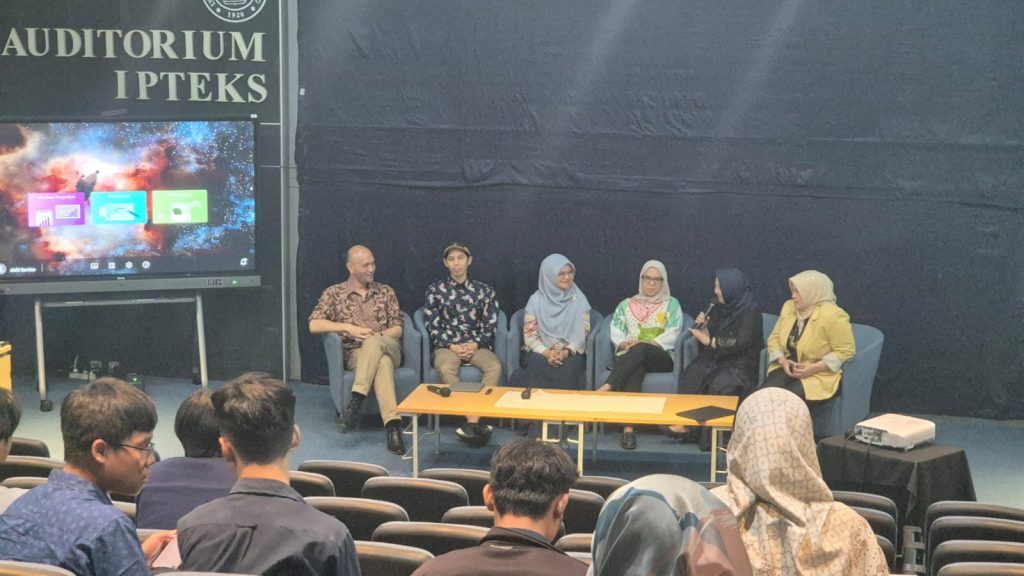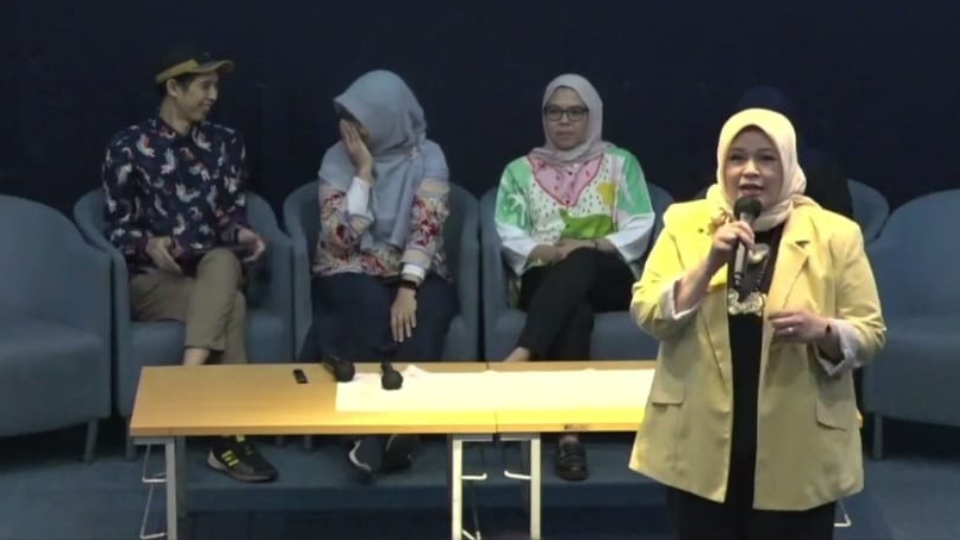Successful businessmen must understand that cultural differences significantly influence interaction styles in various business contexts. Countries such as Indonesia, China, and Saudi Arabia adopt a top-down hierarchical leadership style, where decision-making is centralized among a few individuals.
In contrast, countries like Sweden, Norway, and Denmark prefer a more egalitarian approach, with leadership shared more evenly and decisions made collaboratively. The United States and the United Kingdom also lean towards top-down leadership but with a more egalitarian structure than Russia and India.
These insights were shared by Dr. N. Nurlaela (Lala) Arief, MBA, a lecturer at the SBM ITB, during an online open course titled “Business Communication: Intercultural Context” on Thursday (19/9). The course, organized by ITB’s Directorate of Education Development, explored how cultural differences impact communication, leadership, decision-making, and feedback in the global business environment.
Lala highlighted the risks of stereotypes stemming from limited cultural generalizations, warning that even experienced managers can fall into this trap when leading multicultural teams. One key challenge is the complexity of managing international teams, where leadership expectations differ significantly based on local cultural norms.
During the course, Lala also discussed the differences between low- and high-context communication. Communication in low-context cultures, such as the United States and Germany, tends to be direct and explicit. In contrast, high-context cultures like Japan and France rely more on subtle, layered communication, where much is conveyed implicitly through context. Lala emphasized that misunderstandings often arise when individuals with different communication styles interact without recognizing these differences.
Furthermore, each country has its approach to criticism. France and Australia are known for providing more direct feedback, while Japan favors a more diplomatic and indirect approach. Lala stressed that cultural awareness is crucial when giving feedback to international teams, as different methods can lead to misunderstandings or tensions.
In addition to communication and feedback, the course explored cultural differences in persuasion, trust-building, and conflict resolution. Western cultures like the United States and Germany typically use a principle-based approach to persuasion, where arguments are broken down into distinct components. In contrast, Asian cultures like Japan prefer a holistic approach, where the overall picture is considered first.
Similarly, the methods for building trust vary widely. In task-based cultures like the United States and Germany, trust is built through competence and reliability. However, personal connections are more crucial in relationship-based cultures such as India and China.
Lala also noted that cultures differ in how they handle disagreements. Open debate is often embraced in countries like the Netherlands and Germany to find better solutions. Conversely, confrontation is typically avoided in cultures like Indonesia and Thailand to maintain group harmony.
The person in charge of the ITB Open Course Program, Allya Paramita Koesoema, S.T., M.T., Ph.D., explained that open courses are classes accessible not only to ITB students but also to external participants, including students from other universities, industry professionals, and the general public.
“Open courses have become standard practice in leading universities worldwide, such as MIT, Stanford, and others. They serve multiple functions, including showcasing innovation and learning, acting as a promotional tool or gateway for prospective students, and enhancing the university’s reputation and branding,” Allya explained.
Allya hoped this open course would contribute positively to ITB’s branding, support the learning process, and promote professional development at ITB.
“This program is also expected to help improve IKU 5 and ITB’s QS ranking, particularly in terms of academic reputation,” she added.
One of the key characteristics of education that can help universities achieve World-Class status is borderless learning—education accessible anywhere, anytime, and to anyone.
“This program involves all faculties at SBM. As SBM representatives, we have prepared materials on themes relevant to teaching Intercultural Communication and Leadership Communication courses,” Lala concluded.






